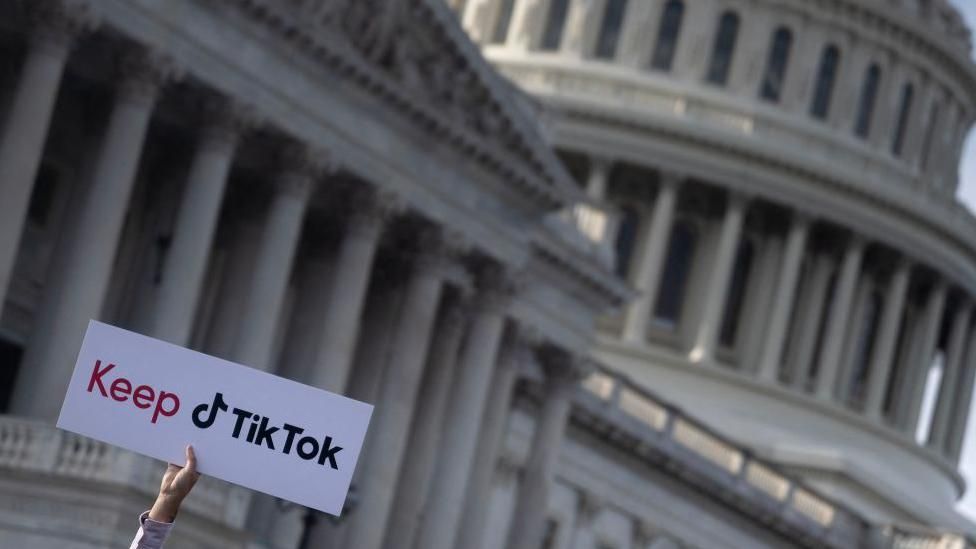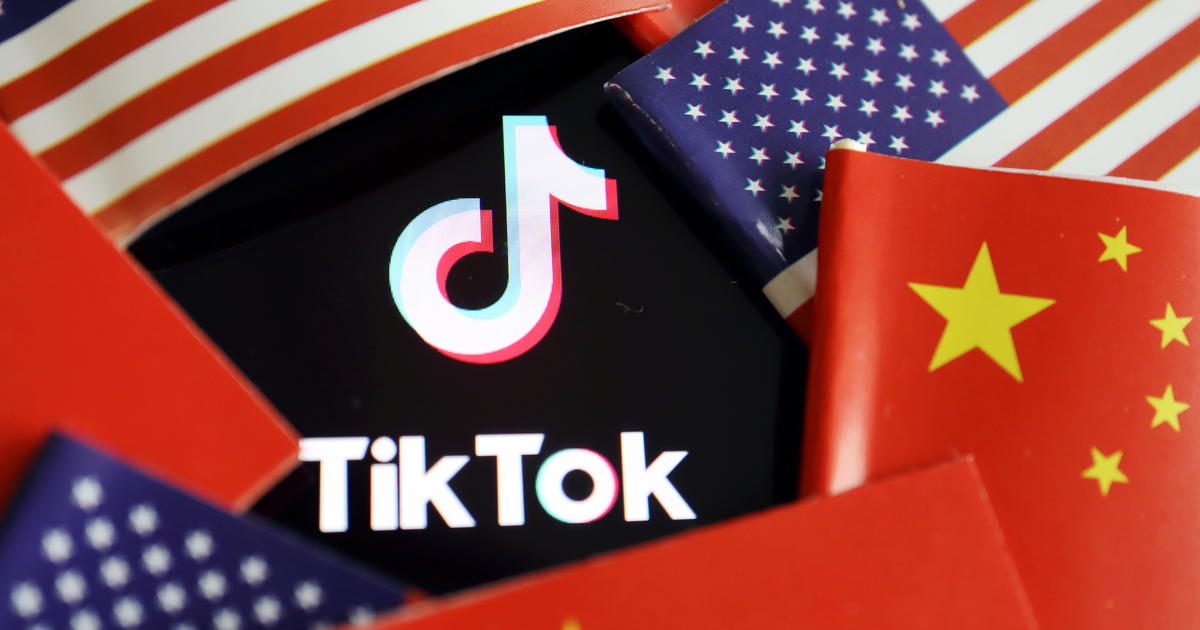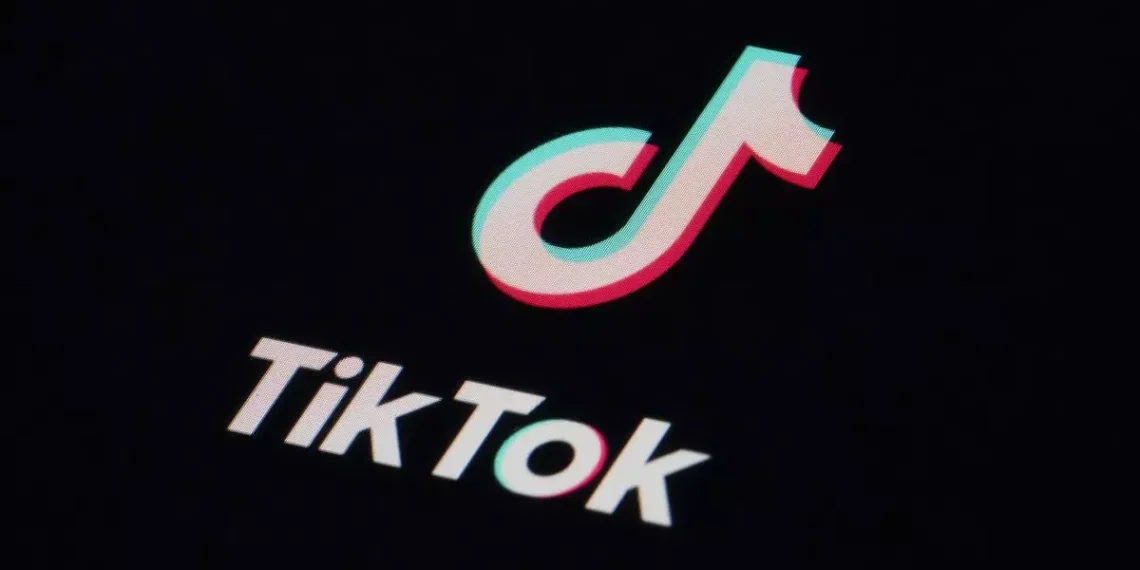TikTok and its parent company, ByteDance, filed a lawsuit in a U.S. federal court to block a law signed by President Joe Biden, which mandates the divestiture of the popular short video app or its ban.
The lawsuit was lodged in the U.S. Court of Appeals for the District of Columbia Circuit, alleging that the law breaches several aspects of the U.S. Constitution, including the First Amendment’s free speech protections.
The law, signed on April 24, gives ByteDance until January 19 to sell TikTok or face a nationwide ban.
The lawsuit contends that the divestiture is impractical, both commercially and technologically, and asserts that it will lead to TikTok’s shutdown by January 19, 2025, effectively silencing its 170 million American users.

The White House, while advocating for the end of Chinese ownership of TikTok due to national security concerns, has not explicitly supported a ban. Both the White House and the Justice Department refrained from commenting on the lawsuit.
TikTok’s legal challenge is the latest in its efforts to thwart U.S. attempts to shut it down. The law, driven by fears that China could access American data through the app, was swiftly passed by Congress.
TikTok vehemently denies sharing U.S. user data with China, dismissing such concerns as speculative.
The legislation bars app stores like Apple and Google from offering TikTok and prohibits internet hosting services from supporting the app unless ByteDance divests it by the deadline.

The lawsuit also highlights ByteDance’s ownership structure, with global institutional investors holding 58%, the Chinese founder owning 21%, and employees, including approximately 7,000 Americans, owning the remaining 21%.
Despite TikTok’s efforts to safeguard U.S. user data and its commitments outlined in a National Security Agreement, discussions with the Committee on Foreign Investment in the United States (CFIUS) stalled in 2022, culminating in the demand for divestiture in 2023.





